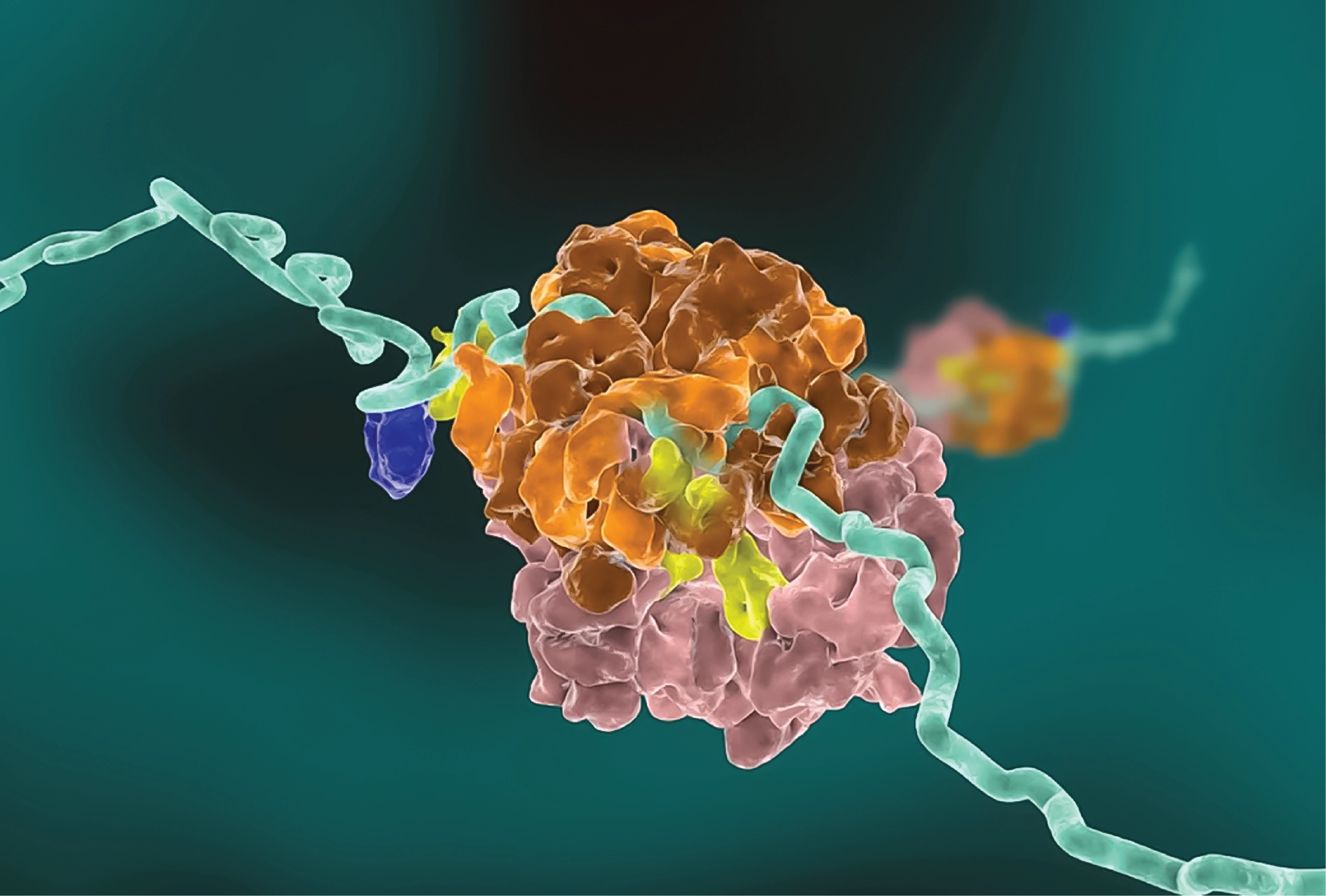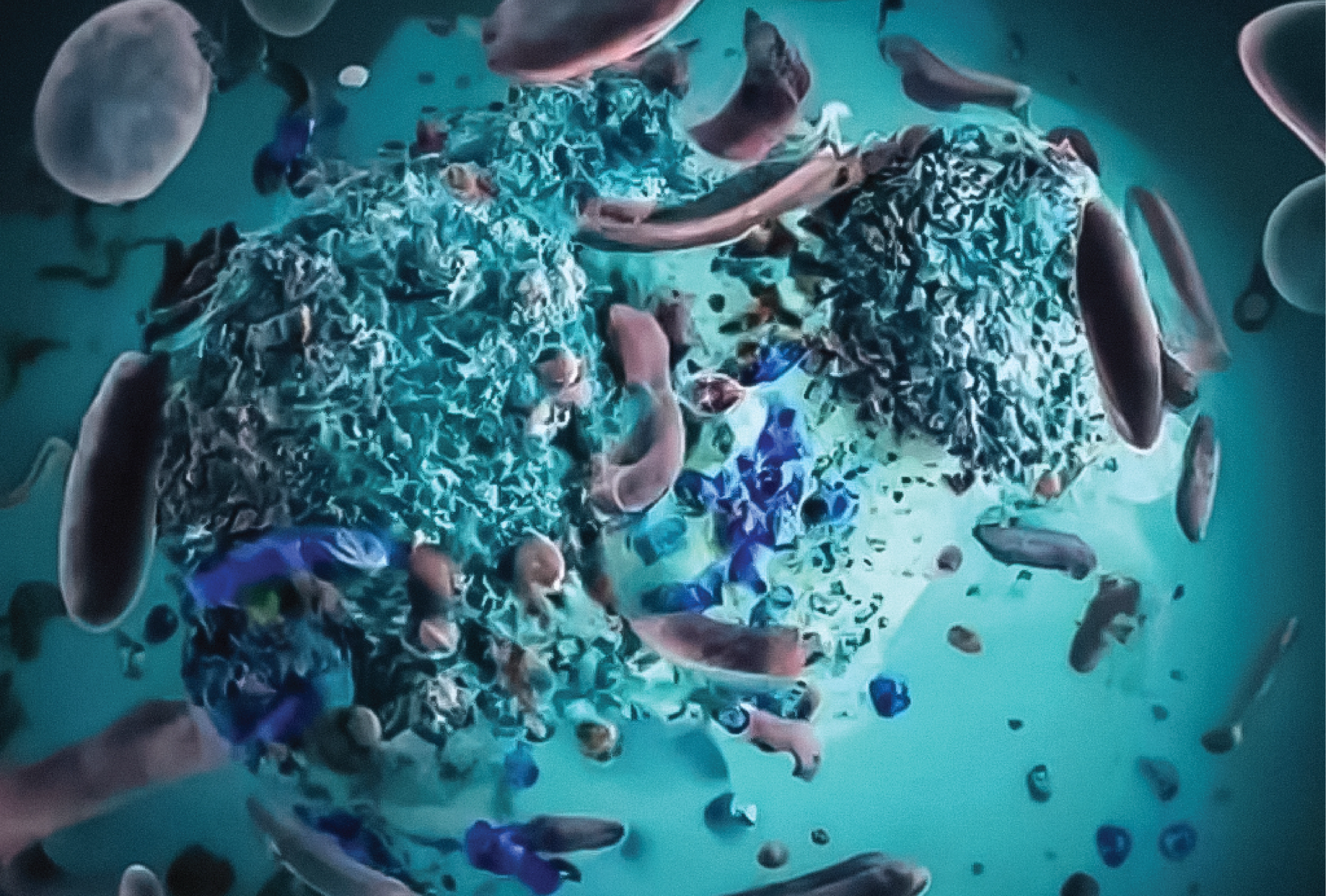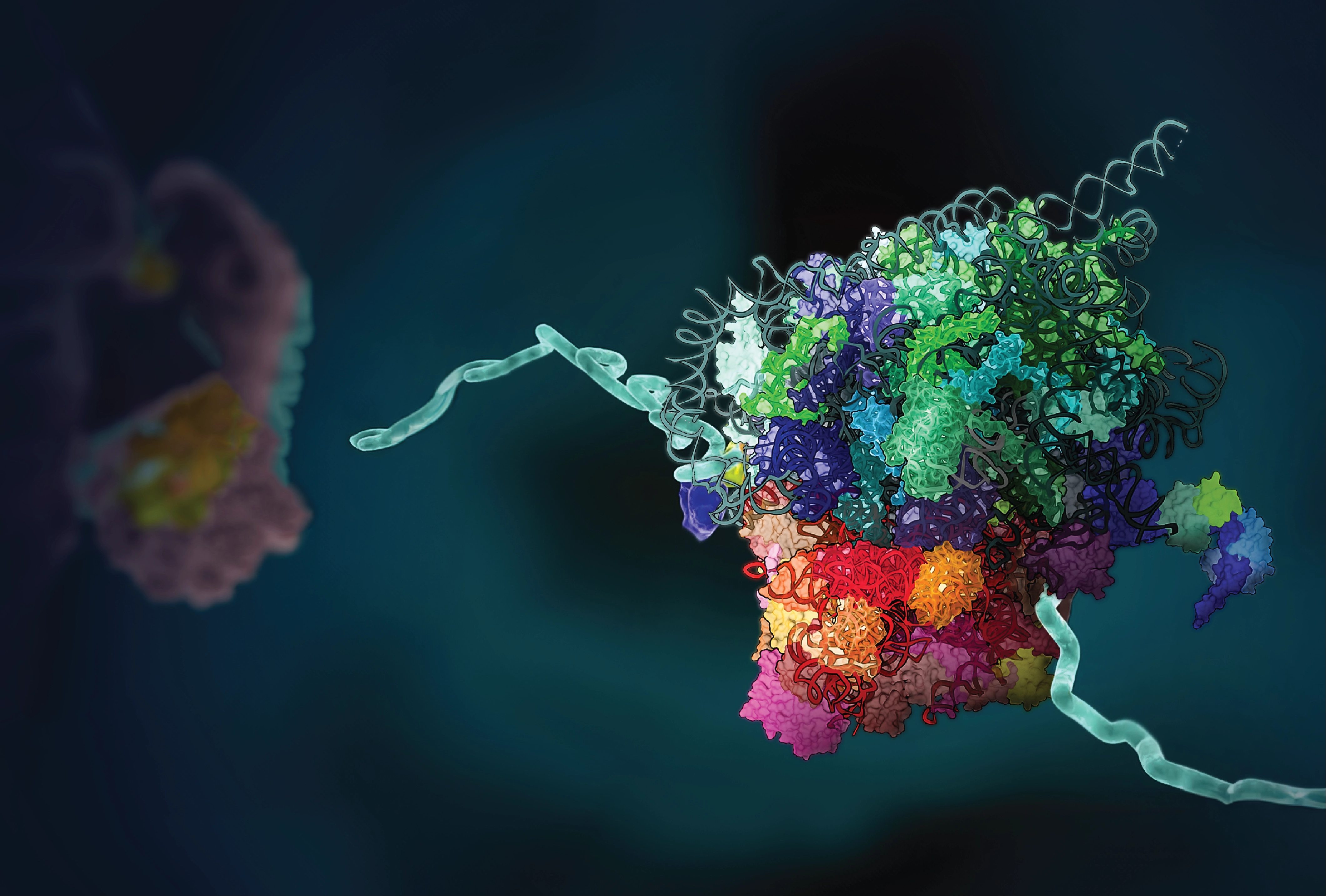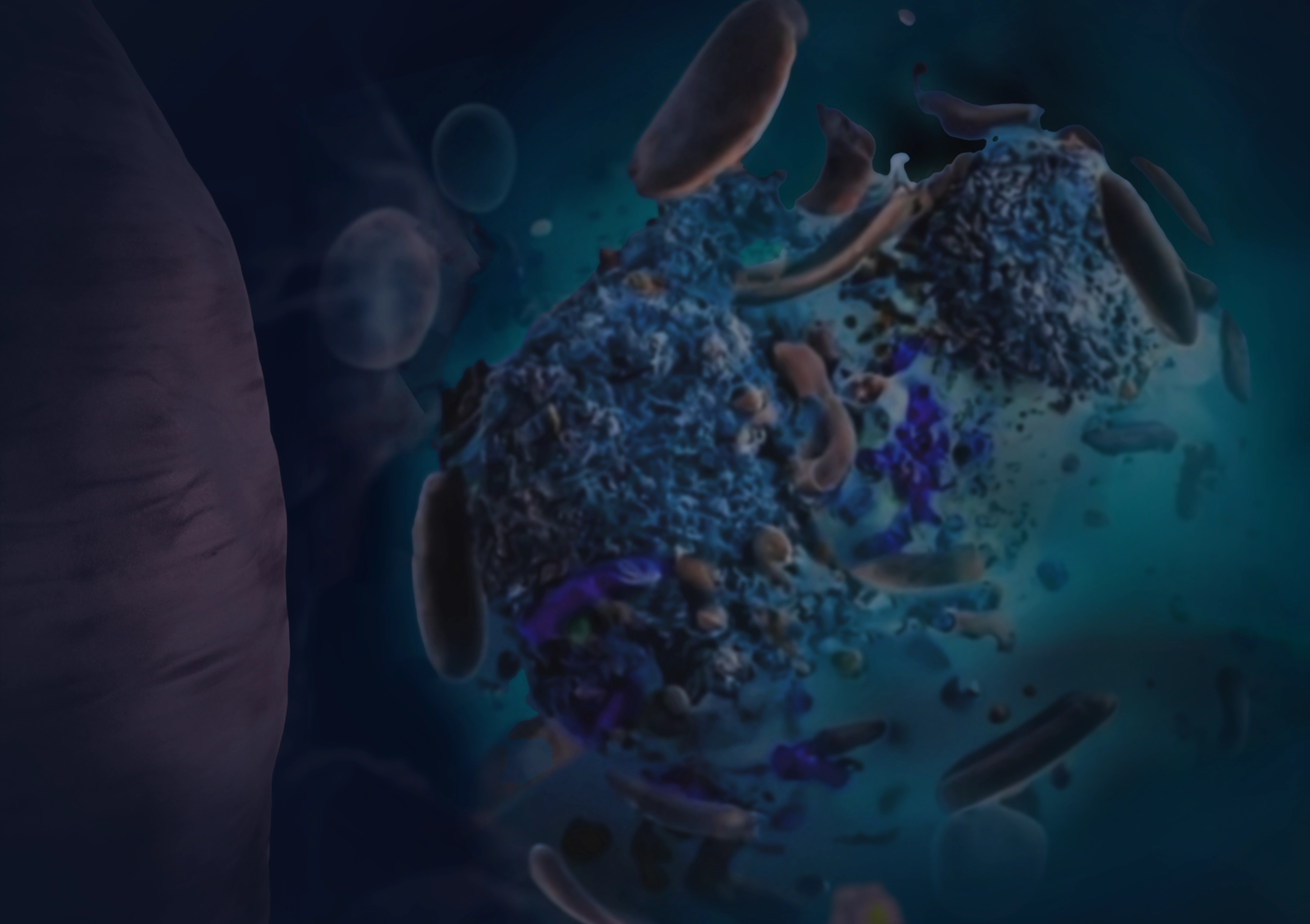ReCet
Reconstituted cell-free
in vitro translation system
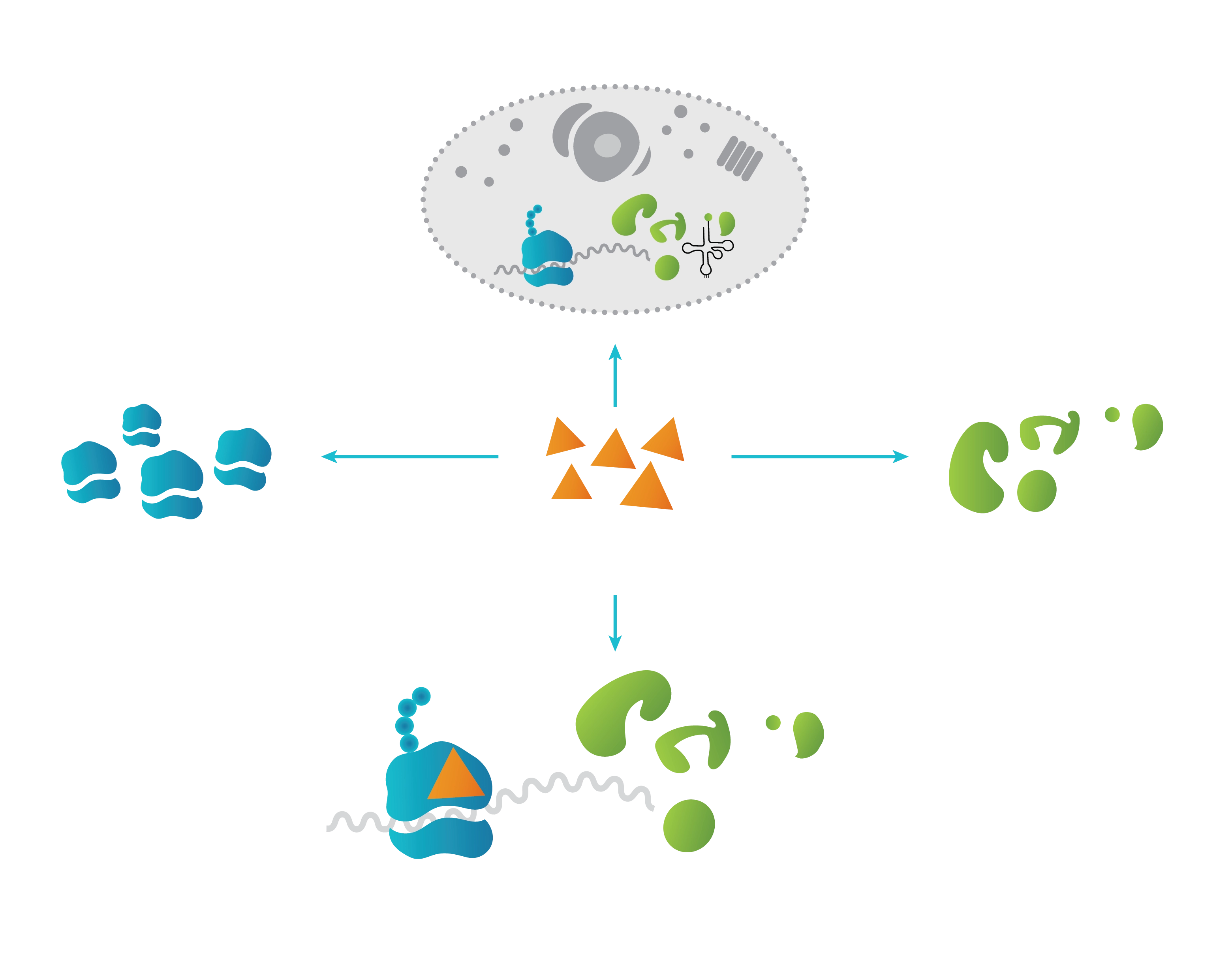
Technology
ReCet™ is a reconstituted cell-free translation system designed to simplify the study of complex translation dynamics.
By separating and reconstituting the core components of protein synthesis—purified ribosomes, ribosome-depleted cytoplasmic extract, and an exogenous reporter mRNA—ReCet enables researchers to investigate the contribution of individual translation players in a controlled setting.
The system offers unmatched flexibility: mix and match ribosomes, mRNA, and cytoplasmic extracts from different sources, and let translation do the rest. Protein synthesis can be detected within one hour using luminescence (for luciferase-encoding mRNA) or Western blot, providing rapid and quantitative insights into translational efficiency.
Based on the protocol of Arendrup et al.1, ReCet transforms this cutting-edge method into a standardized, ready-to-use format—soon to be commercially available for the first time.
1. Arendrup, F. S., Andersen, K. L., & Lund, A. H. (2025). A tripartite cell-free translation system to study mammalian translation. Nature Protocols.
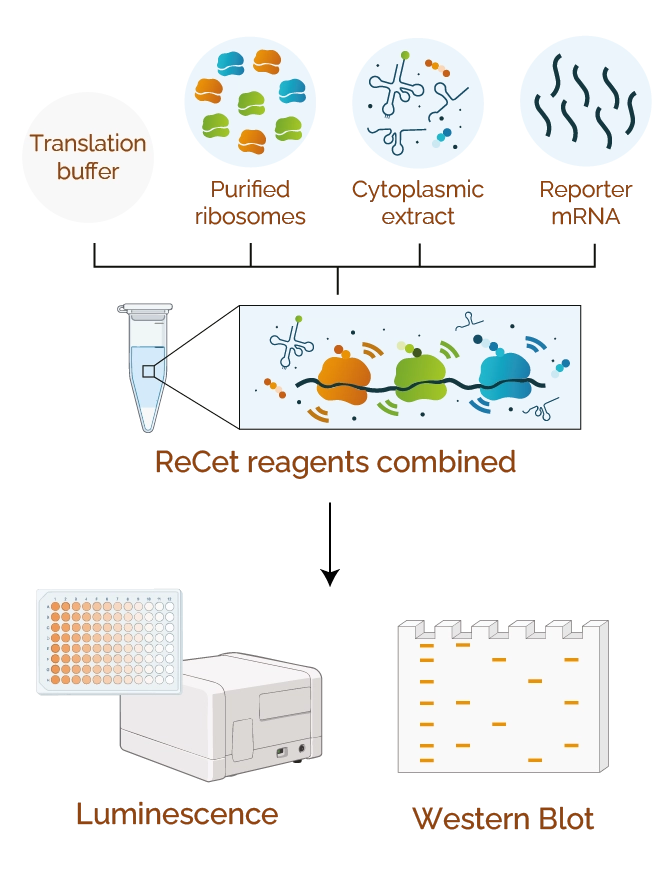
Applications
- Screening and validation of novel translation inhibitors
- Evaluation of mRNA therapeutics for translational efficiency
- Functional analysis of mRNA cis-elements (e.g., UTRs)
- Screening of RNA-targeted small molecules
- Investigation of ribotoxic stress responses
- Expression of cytotoxic proteins in a cell-free system
- Expression of proteins for downstream enzyme activity assays


